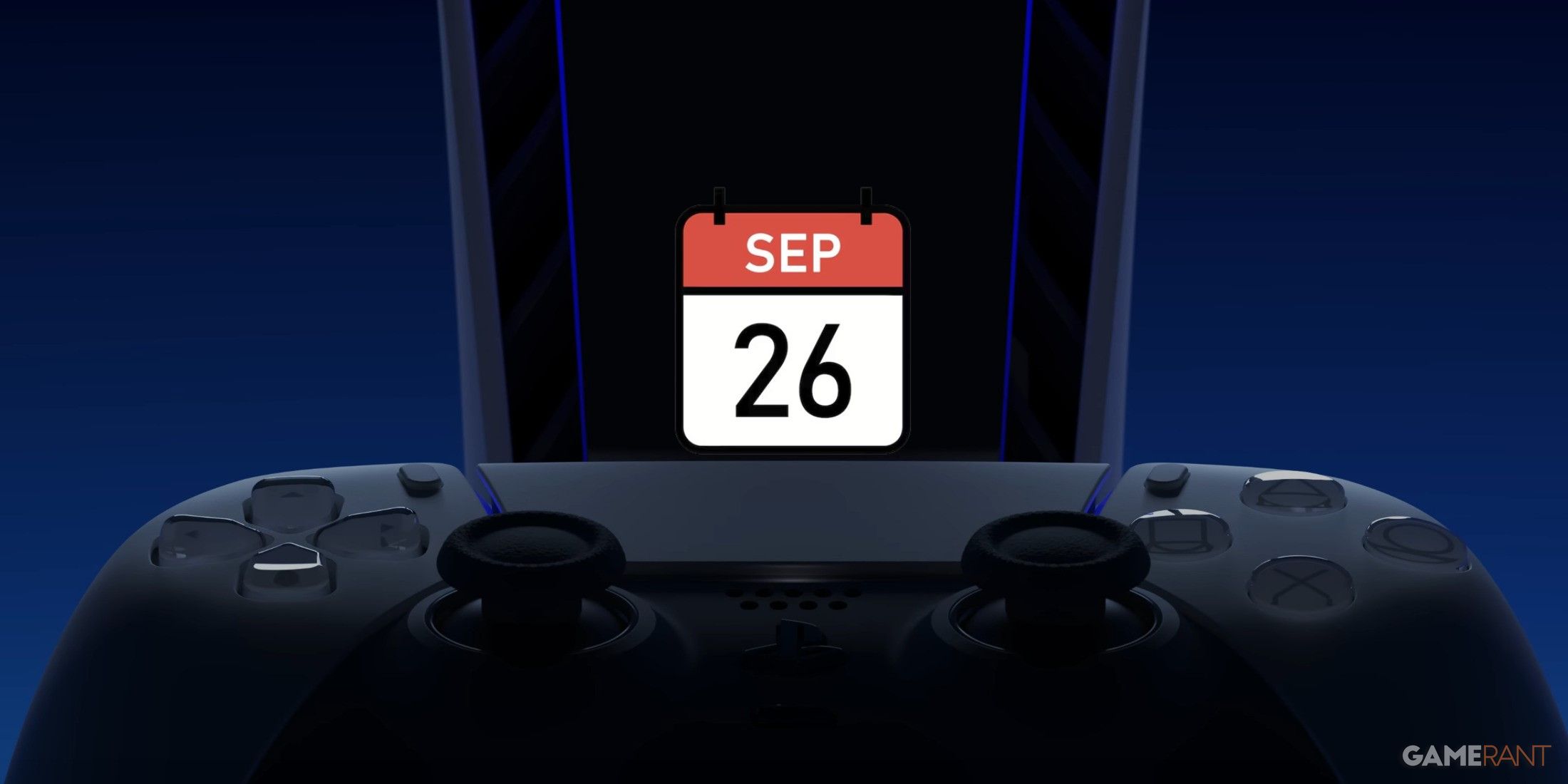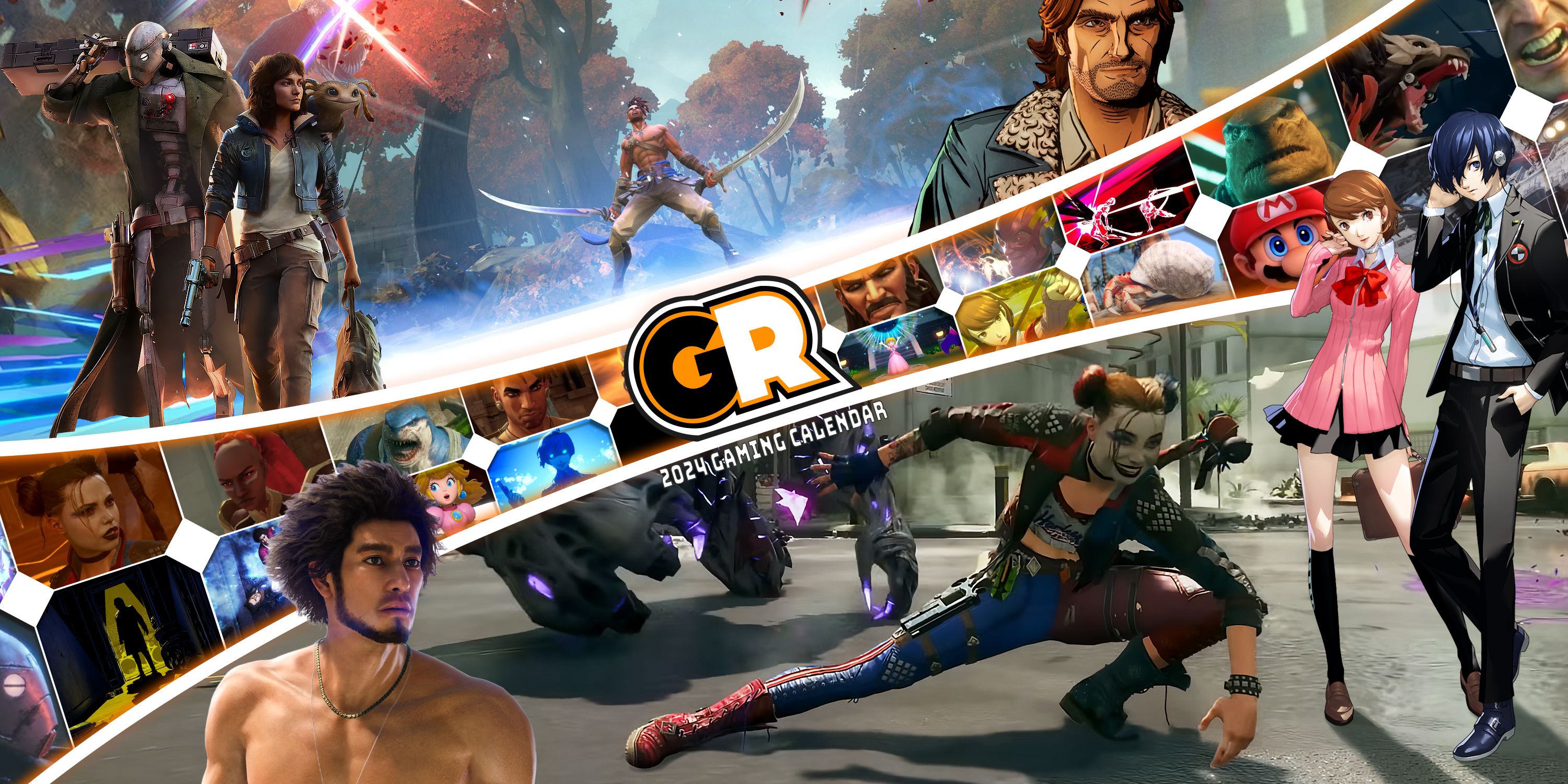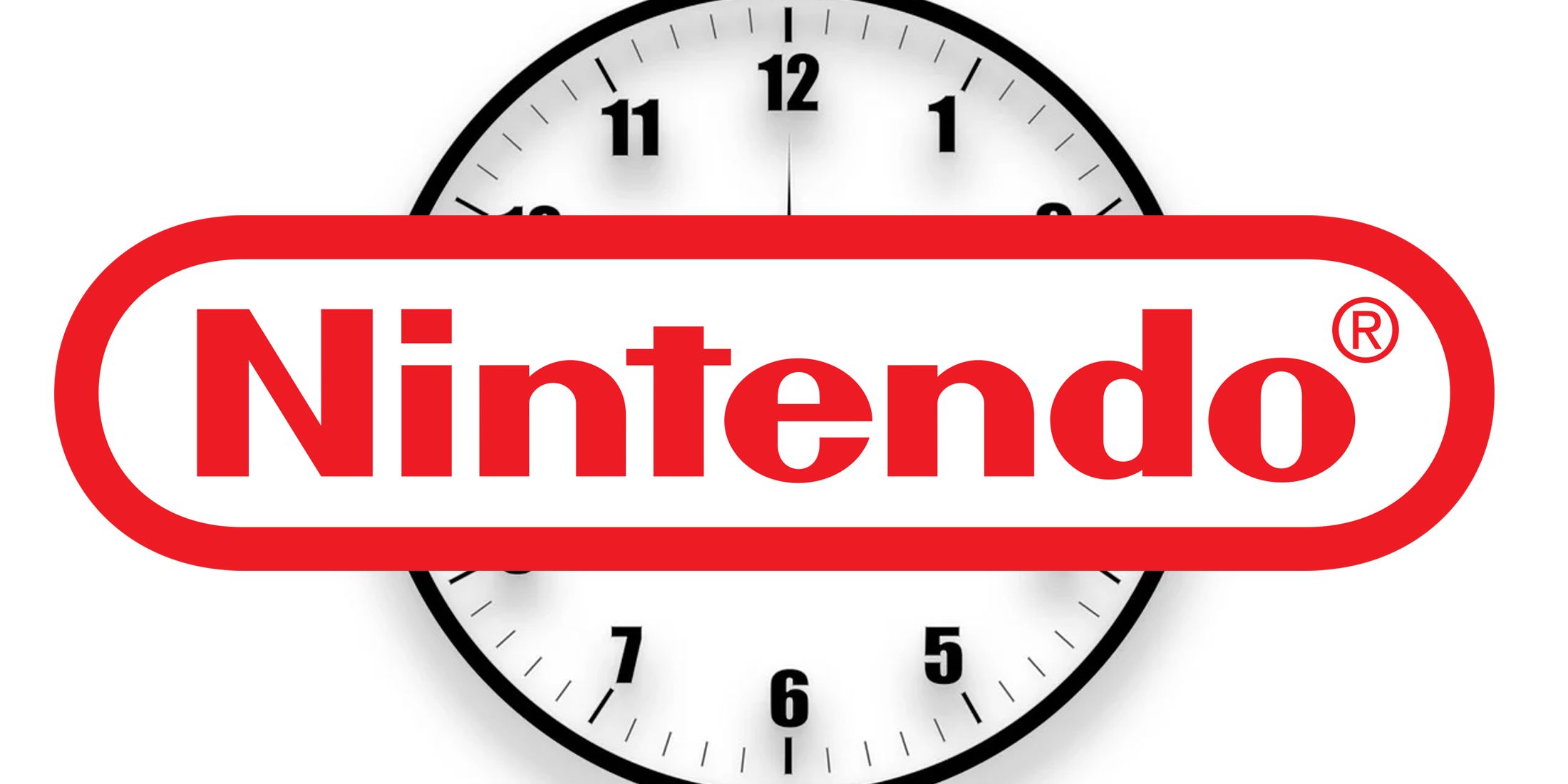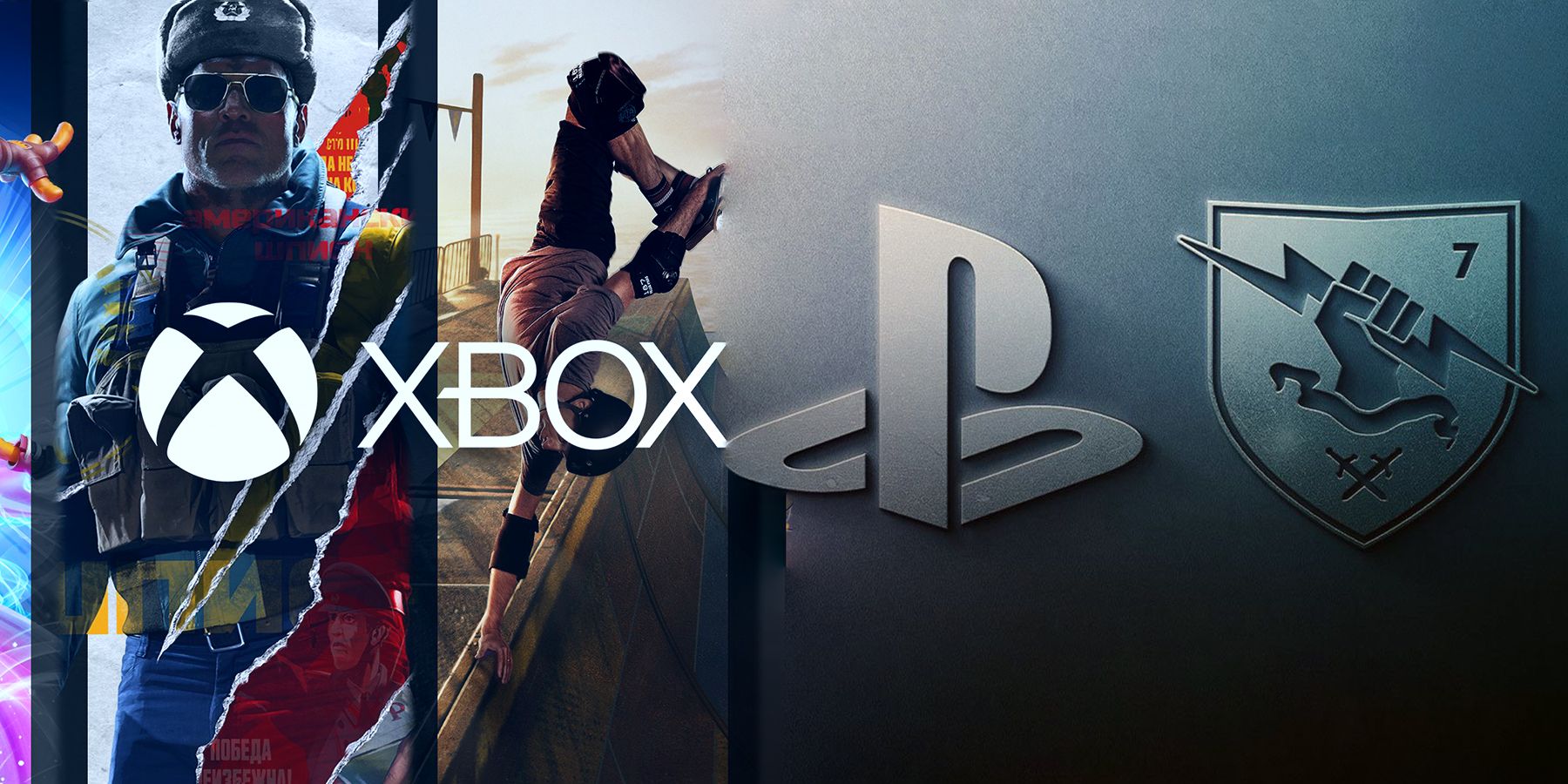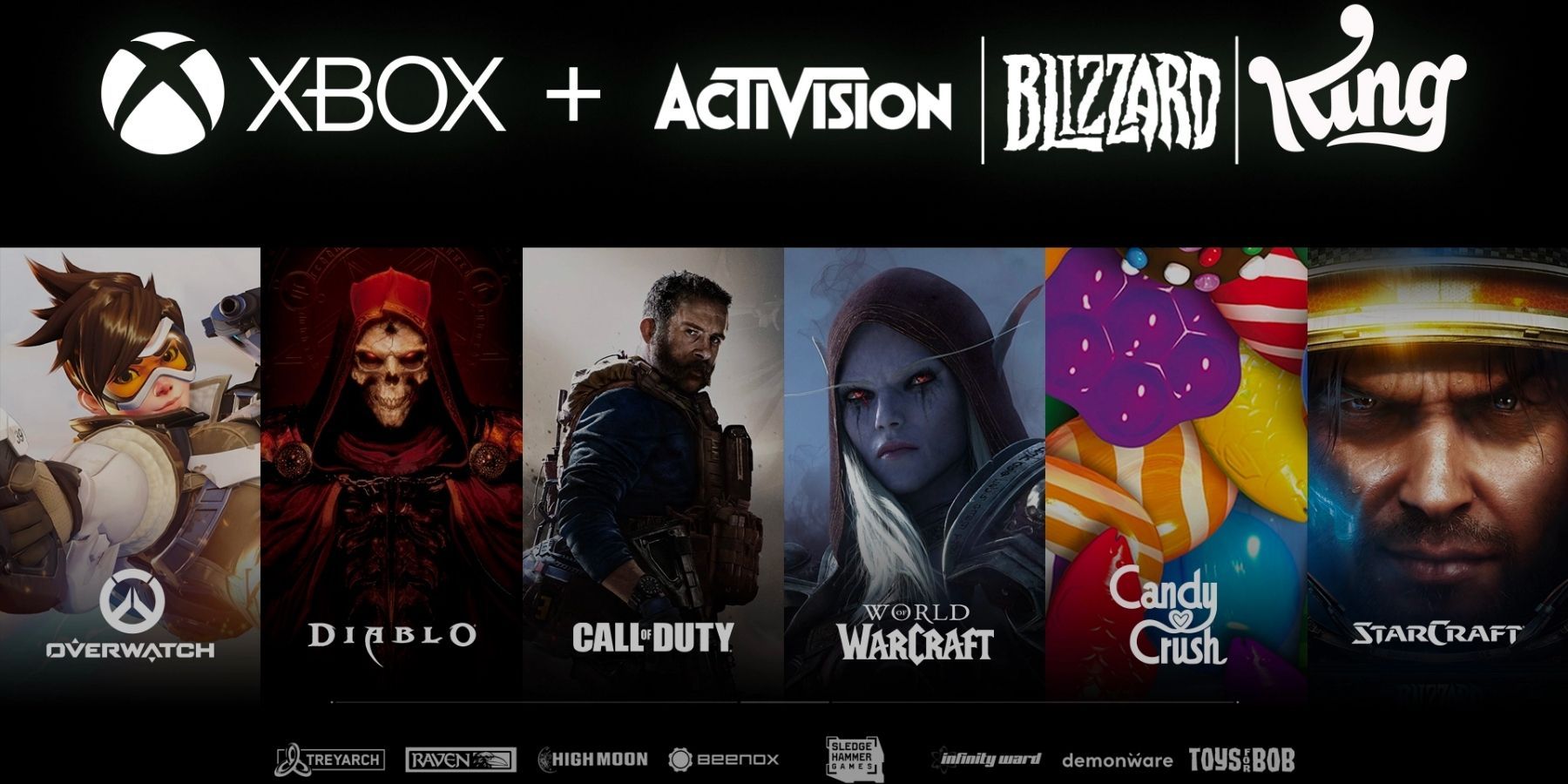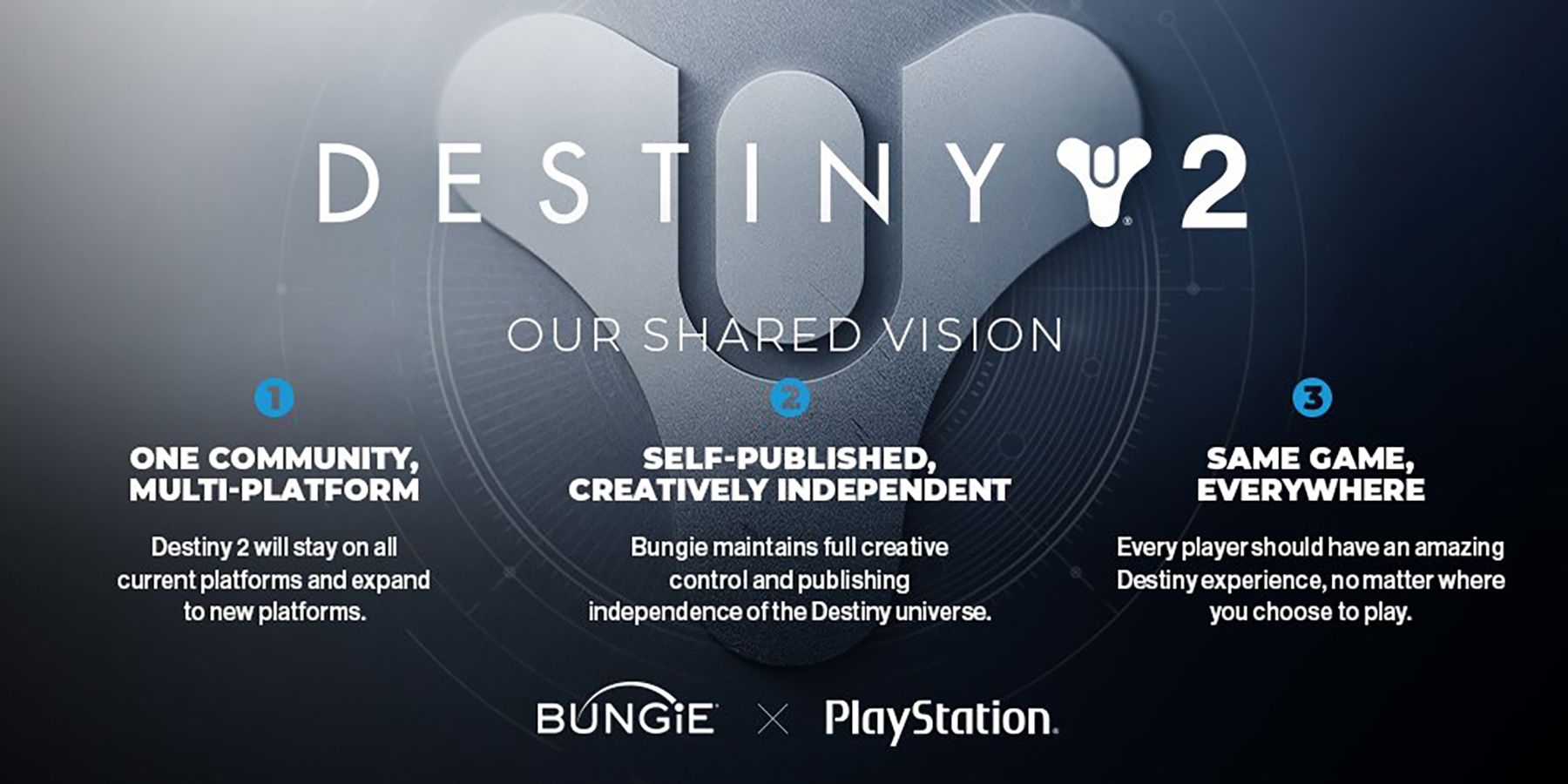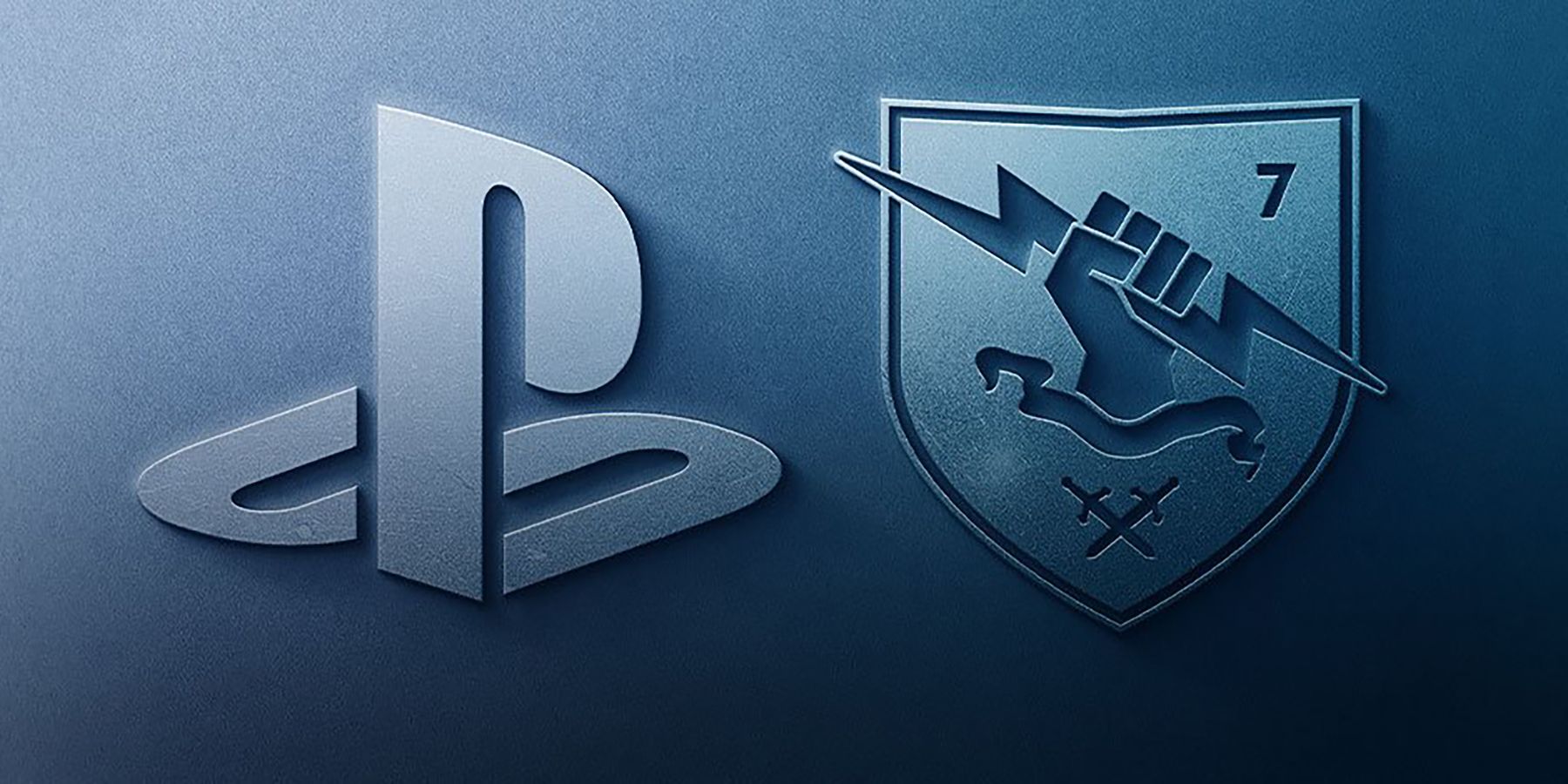In just one month, both Microsoft and Sony have made ambitious acquisitions to kick off 2022's year of gaming in a way that's generated a lot of buzz and reactions. Take-Two kicked things off by making an unexpected acquisition of Zynga for $12.7 billion, but Sony and Microsoft had their own surprising acquisition announcements on the way. In Microsoft's corner, the company announced the acquisition of controversial publisher Activision Blizzard for $68.7 billion just a few weeks ago. Now, Sony has announced the acquisition of Destiny and original Halo developer Bungie as a PlayStation studio, but Bungie has reiterated that this deal doesn't mean exclusivity.
When big acquisitions like these are made, exclusivity is always the discussion that's brought up first among fans and pundits in the gaming industry. In a vacuum, theoretically it doesn't make sense for these companies to shell out billions of dollars just to operate like business as usual and continue selling multiplatform games. However, the relationship of exclusivity between Sony and Microsoft is not nearly as cut and dry, as both companies are taking evolving approaches to what IPs are exclusive to the platform and which go multiplatform. Sony still holds on to the most console-exclusive IPs, but Xbox could change its tune in the future.
Microsoft's Careful Approach To Improving Xbox
In Microsoft's corner, it's been an interesting evolution; from the mid-to-late Xbox One days, through to the present with the Xbox Series consoles. After a negative initial reception to the Xbox One, Phil Spencer and the team at Xbox initiated a steady and consumer-focused comeback. This led the charge to backwards compatibility on Xbox One, the inception of Xbox Game Pass, among other factors that contributed to a largely improved overall perception of the Xbox brand coming into the ninth console generation. However, even beyond those positive changes that set Xbox up for success this generation, many criticized Xbox's lack of compelling exclusives.
Granted, this was prior to the release of Halo Infinite and Forza Horizon 5, but even with those games in context, many still think Xbox pales in comparison to PlayStation. Things like Uncharted, The Last of Us, Spider-Man, Infamous, Horizon, God of War, and so many more made the PS4 the place to play in the last console generation, something Xbox didn't have. Microsoft is looking to change that this generation, and has already taken some massive steps to do so.
Microsoft is definitely reaching for additional exclusives to add to Xbox's portfolio where it makes sense. In the case of Bethesda (ZeniMax), Microsoft likely leveraged the amount of players on Xbox that played games like Skyrim or Fallout 4 on Xbox to help inform their decision to make the acquisition. However, more importantly, Bethesda games are often praised for their mod support on PC, which also means Bethesda's exclusivity isn't a bad deal when the Windows platform is still included. Even if it means leaving PlayStation players out of the equation, making the next Elder Scrolls or Starfield exclusive is still mutually beneficial for both Bethesda and Xbox.
On the other hand, Activision Blizzard games remaining multiplatform makes a lot of sense considering the massive popularity of games like Call of Duty, World of Warcraft, and Overwatch. While these franchises have no doubt sold excellently on Xbox platforms and PC, Microsoft cutting off the potential revenue from the PlayStation side would be its loss. Call of Duty in particular, being the consistently highest-selling game release year over year, would bring in a significant amount of revenue from remaining multiplatform. Microsoft wouldn't want to ignore that consumer base, especially considering how alienating PlayStation players would lead to bad press.
Xbox gaining exclusives from popular PC and Xbox games makes perfect sense, even if there isn't a minority of players on Sony's platform. Microsoft has been careful in choosing its exclusives, even though a portion of the fanbase on PlayStation is inevitably going to be disappointed. However, in comparison to Sony, it's a much looser vise grip on exclusive IPs compared to all of the massively popular PlayStation exclusives that came throughout the PS4's lifespan.
Potentially Shifting Tides At PlayStation With Bungie
For a while, Sony has been far less willing to share the wealth with its blockbuster exclusives, which likely influenced Microsoft to pursue acquisitions of more studios in the first place. Especially during the last console generation on PS4, Sony flexed the power of both old and new IPs through new entries in massively popular franchises. The Ratchet & Clank remake helped pave the way for Ratchet & Clank: Rift Apart on PS5, Uncharted 4 was the swan song of Naughty Dog's popular Indiana Jones-adjacent adventure from the PS3, while The Last of Us and its sequel impressed players immensely, all that (and more) was entirely exclusive to PlayStation for a while.
That's why the acquisition of Bungie is particularly unusual, at least in terms of the language used by both Bungie and PlayStation in the wake of the studio acquisition. Bungie has always prided itself on its independence publicly, especially after the studio split from Activision to publish Destiny 2 independently. However, even with the question of future PlayStation exclusivity for in-development titles, Bungie explicitly stated the studio would "continue to be self-published, creatively independent," under PlayStation.
From PlayStation's perspective, Sony Interactive Entertainment CEO Jim Ryan echoed a similar sentiment not often shared about PlayStation in general. According to an interview with Ryan at Gamesindustry.biz, the acquisition was justified by the experience Bungie can provide Sony "in its ability to make huge, multiplatform, live-service online games, which is something the wider organization is eager to learn from." Ryan also plainly stated that this acquisition was never about "pulling things into the PlayStation world," rather it was an attempt to expand on grander plans by Sony to pursue additional multiplatform releases of PlayStation Studios' games in the future.
This is a stark contrast to the PlayStation acquisitions of the past, including examples like Housemarque and Bluepoint Games. While these studios had produced PlayStation-exclusive games in the past, Sony's acquisition of these studios ensures that future efforts by these development teams would remain exclusive to the PlayStation platform. Acquiring Bungie is an effort on Sony's part to expand beyond the strictly singleplayer, exclusive games that helped define PlayStation's success last generation. Not only does PlayStation intend to expand its first-party live service efforts, but the emphasis on "multiplatform" support is a welcome surprise from Sony.
Exclusivity Isn't As Cut And Dry With PlayStation And Xbox
In terms of how exclusivity is being pursued by both Microsoft and Sony, it's pretty clear that both companies are seeking ambitious ways to expand without stepping on the toes of fans. Both Microsoft and Sony clearly understand the desire to keep massively online multiplayer games multiplatform, like Call of Duty and Destiny, will only benefit both PlayStation and Xbox.
PlayStation is likely still keen on keeping its exclusive singleplayer IPs close to its chest, but even that notion is wavering as games like God of War and Horizon Zero Dawn make their way to the PC platform. Microsoft only stands to gain from Xbox-PC exclusivity as well, which emphasizes a shift in exclusivity between both platforms to just strictly singleplayer games.
Neither of Microsoft or Sony's big acquisitions lead to the platform-agnostic future that some may expect from video games in the far-future, but it is a consumer-friendly shift. Massive multiplayer games remaining multiplatform, especially with the greater adoption of crossplay across multiple AAA game releases, only benefits the players. At the same time, Microsoft's efforts in gaining more compelling singleplayer exclusives brings Xbox closer to the exclusive singleplayer offerings from Sony on PlayStation. Both Sony and Microsoft can offer compelling gaming experiences, without gatekeeping the most popular games from separate platforms.
Especially when the differences between a PS5 and Xbox Series X (at least on a surface level) are minimal, this devotion to multiplatform support on behalf of both games is an excellent outcome. Many will be quick to criticize or be concerned about consolidation, but for now, the acquisitions by both platforms are not inherently negative from a consumer's perspective. Each platform has its selling points without unequivocally forcing players to only play a certain way.
Source: Bungie, Gamesindustry.biz

